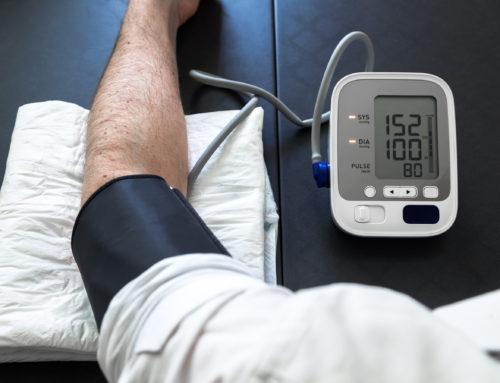Many of us have a mental image of an expert witness from TV crime shows and mystery novels: a smart, well-informed specialist who can take the stand in a courtroom and make or break a case.
There’s truth to that image, but an expert witness does a lot more. Dr. G. Edward Mallory is a perfect example: He can not only make your case — he can tell you if there’s a case to begin with.
As a residency-trained, board-certified emergency medicine physician who’s been practicing for more than 20 years, he’s considered an expert in the field of medicine. He’s also adept at reviewing medical charts for clients and for attorneys in malpractice cases, whether they be plaintiffs or defendants.
As a medical expert, the doctor can take a legal document or a medical file and interpret its dense, technical notations. He takes complex medical jargon and turns it into easy-to-understand language. He has the ability to explain to an attorney or client whether and how the medical records suggest malpractice was involved in the case.
An expert witness like Dr. Mallory is easily available by phone and can come up with a smart, simple answer to the all-important question: Do I have a case?
“It’s a waste of anybody’s time to try a lawsuit and go through the different stages when a chart doesn’t show any malpractice,” Dr. Mallory says.
In other instances, he may see clear evidence of malpractice and suggest moving forward with the case.
Many cases that an expert witness reviews don’t go to trial. Either there’s no foundation for a malpractice case, or the doctor involved settles the case before it goes to trial.
But even if the expert witness isn’t taking the stand in a movie-like showdown, his input is invaluable from the very beginning, when lawyers and clients are considering whether to pursue or defend a malpractice case.




























